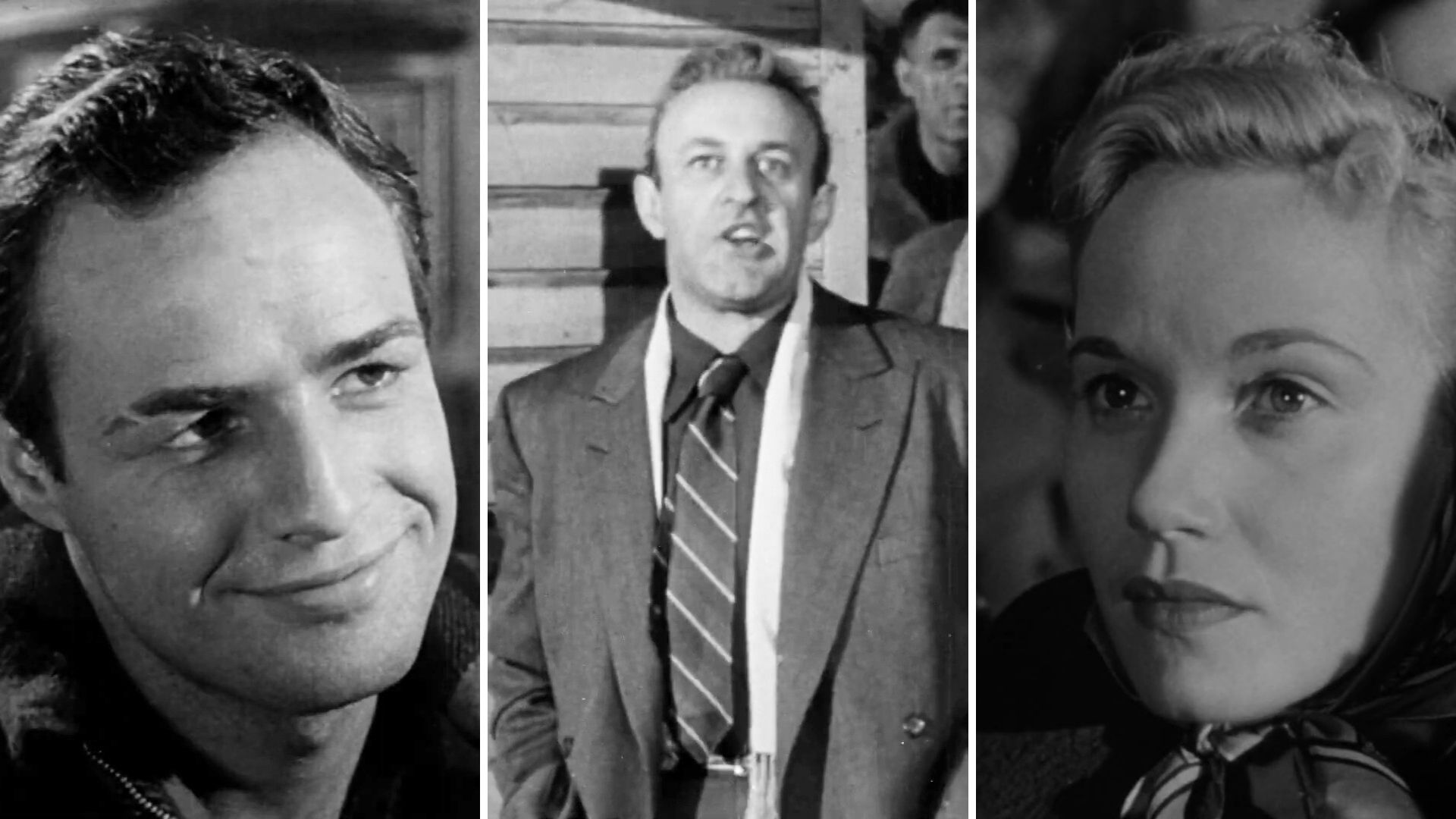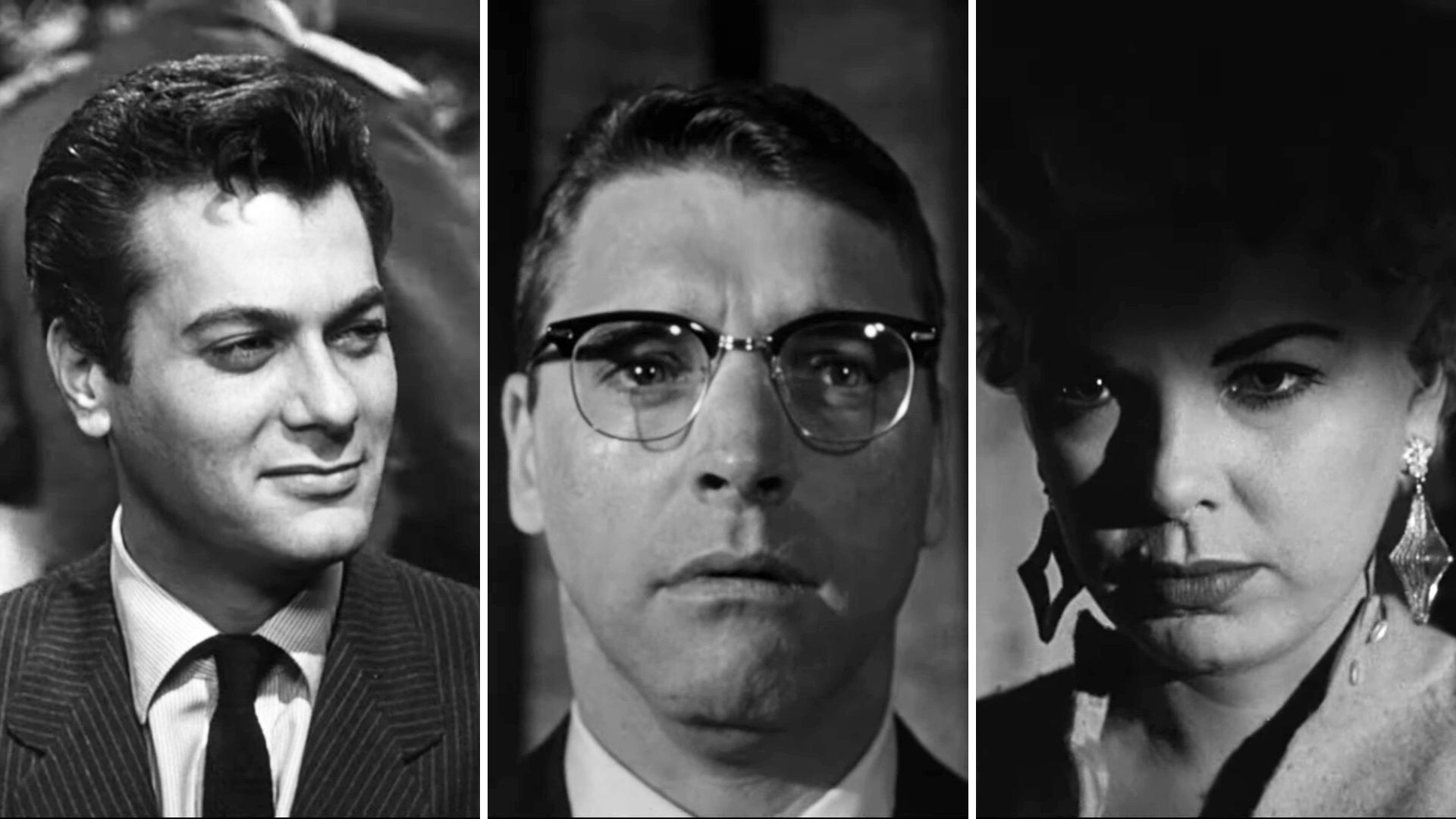
Alexander Mackendrick’s Sweet Smell of Success is a classic tale of greed and morality set against the backdrop of a gorgeously shot New York City. The film is influential with its pumping Jazz score, incredible performances, and deep themes of manipulation and corruption. It’s a movie that many tout as one of the greatest of all time, and I can certainly agree with that. There are some fantastic performances, the dialogue is superb, and the noir-style storytelling is compelling all the way through. Still, upon my rewatch of this, I felt there was something missing from this and facets of this film that make it feel like a relic of its time.
Sweet Smell of Success was released in 1957, right around the end of the Hays Code era of Hollywood filmmaking. The Hays Code was a set of strict guidelines that heavily regulated what could be said and shown during movies. This included everything from an outright ban on explicit sex and profanity to more vague ideas like upholding the ideals of traditional marriage. It was a strict code that many filmmakers tried to work around, but it was a set of rules that ultimately held back American cinema for decades. Sweet Smell of Success is a great film despite this code, but it still holds too many punches.
Sidney Falco
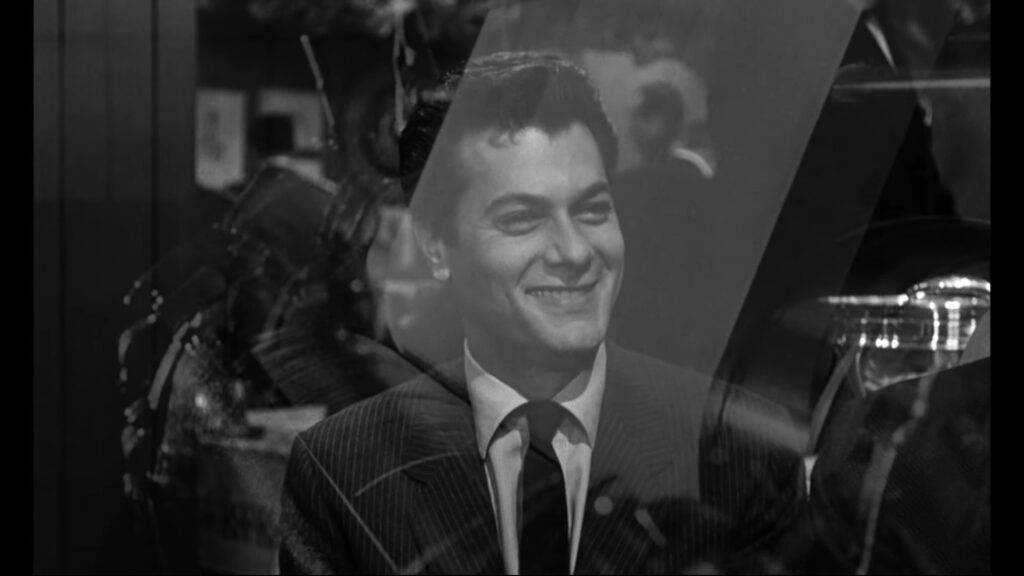
The film follows Sidney Falco, played tremendously by Tony Curtis. Sidney is a slimy, fast-talking journalist who appears to have burned every last bridge in New York City. Sweet Smell of Success begins with his articles being sidelined, and he runs into various people across the city who all seem to have major beef with him. It’s here at his lowest, though, where he finds a way out. He makes a deal with J.J. Hunsecker, a powerful newspaper columnist, to foil a relationship between Hunsecker’s sister and a jazz musician named Steve Dallas.
The plan is executed properly by all accounts, but Sidney is forced to complete some despicable acts in the process. At one point, he sets up a sexual rendezvous with a fellow writer named Otis and a young cigarette girl named Rita. He is essentially pimping out Rita, treating her like nothing more than a stepping stone on his quest for power. The implications of everything are clear, but they are just that. Implications.
Subtly vs Pulled Punches
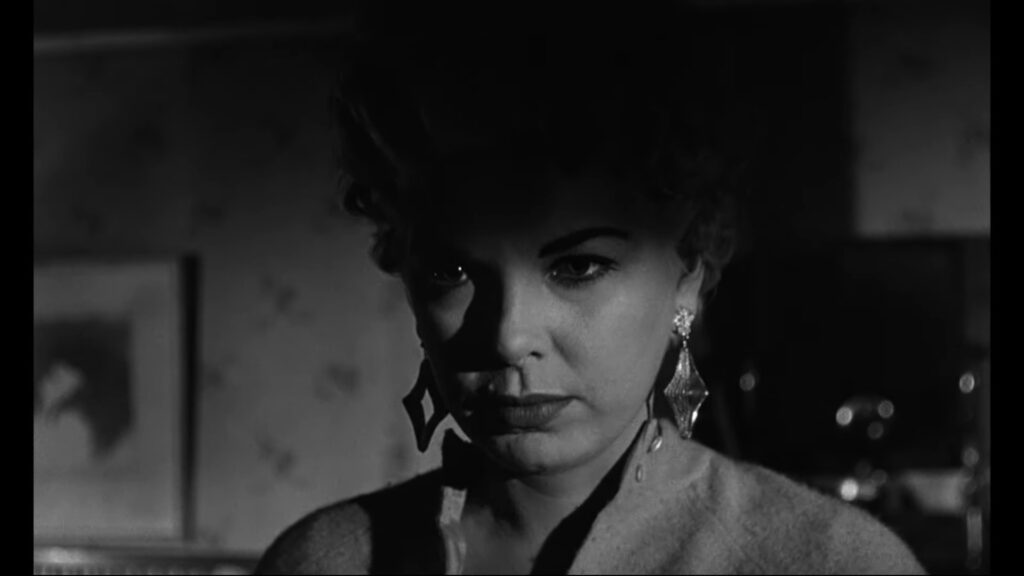
This scene with Rita and Otis is impactful, but it also feels entirely underwhelming. The entire exchange where Sidney tries to convince Rita to sleep with Otis is all dialogue that hinges on innuendos and double entendres. This is done clearly to avoid violating the Hays Code, but it leaves the pivotal scene without the gravitas it needs to drive the point home.
The entire film Sweet Smell of Success is filled with these sneaky ways of trying to honor the Hays Code while similarly pushing the boundaries. By the 1960’s the Hays Code would be all but dead, but in the interim, we have a ton of films like. Movies made for adult audiences without the ability to show adult content.
Hays Code
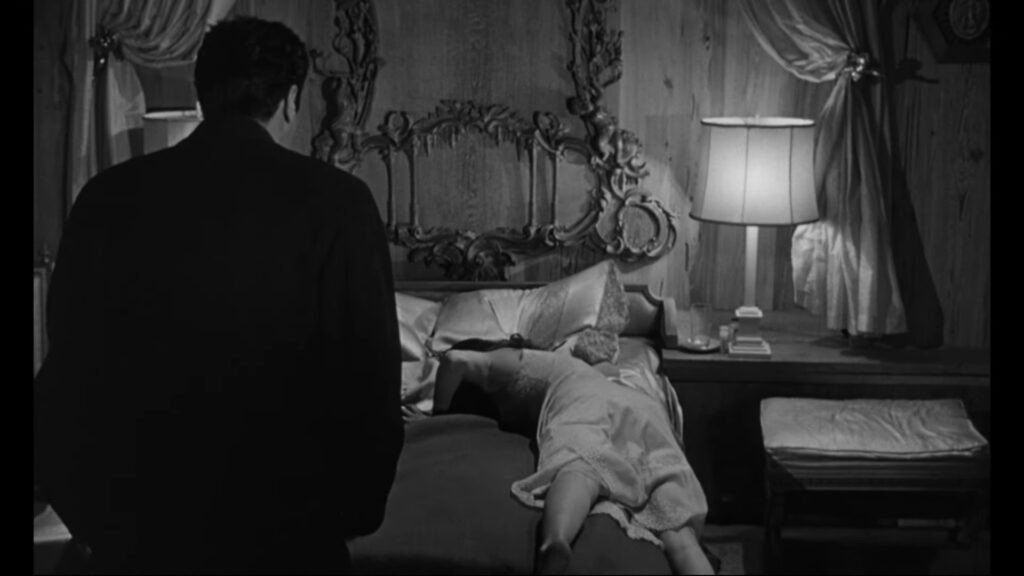
Sweet Smell of Success isn’t bad, but it is worse because of the Hays Code. It’s also a movie that brought to light the banality of these self-imposed rules. Hollywood and audiences were changing. And there isn’t a greater example of that than the career of this film’s star, Tony Curtis.
Tony Curtis was a relatively popular actor before Sweet Smell of Success, but not one to be taken seriously. He was primarily cast as the handsome lead or adventuring hero. Curtis starred in westerns and adventure films as the likable hero who often got the girl. He was charming and likable on screen, but every character he played was rather one-note. With Sweet Smell of Success, Curtis overnight changed his image, going from a pretty boy hero to a serious actor who could play a character with loose morals and a quick tongue. His performance here is stellar, but it was still only as edgy as the Hays Code would allow.
Sign of the Times
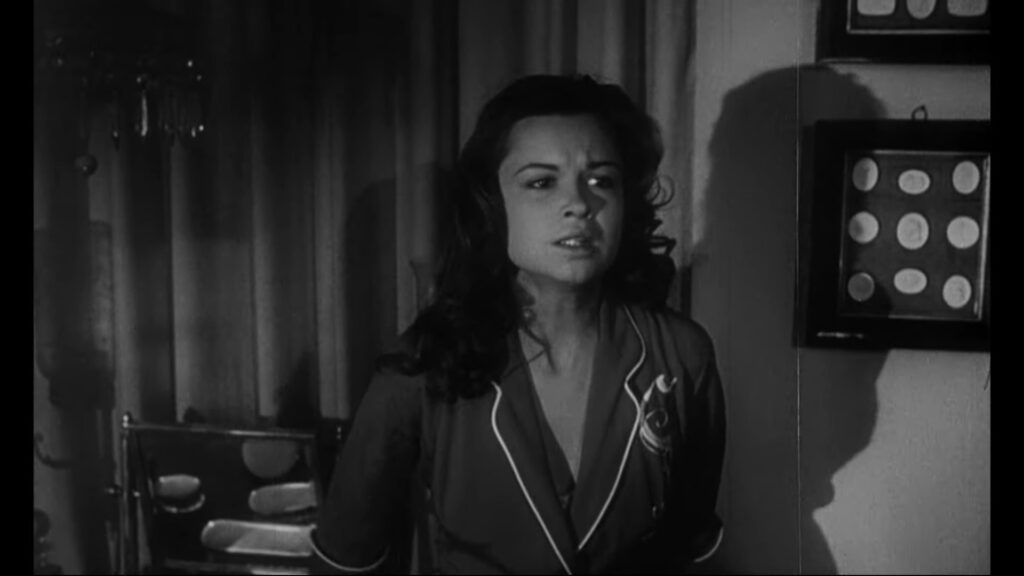
Sweet Smell of Success is a film that pushed boundaries. It’s an incredible story and one shot with technical mastery. Some scenes, like the film’s climax in J.J. Hunsecker’s apartment or any scene in a jazz club, are brimming with personality and pointing towards the film’s main theme. There is clearly a ton of artistry going on with this film, but it always feels like we’re pulling a few too many punches.
The dialogue is fast and witty, but it holds back from being biting and offensive. The themes of corruption and power are softened by the innuendos everyone throws around. And the women in the film often feel a victim of the time, just as much as they are a victim of the men around them. Susan, J.J.’s sister, is the propelling force in the film, but her character is treated as either a naive little girl or a hysterical woman. She does have a redemption at the end, but this beat feels less about her character and more about a consequence for J.J.
A New Era
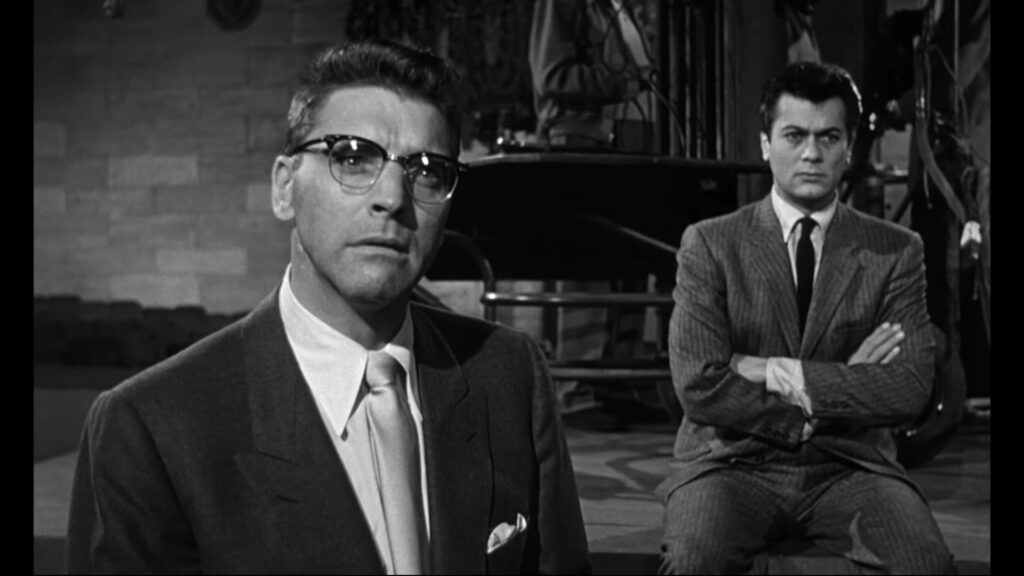
None of these issues, though, can really be used against Sweet Smell of Success. This film did the best it could to portray despicable characters, even if they couldn’t show despicable acts on screen. What the film did more than anything was prove that the Hays Code was outdated and audiences wanted something more.
This film pioneered cinema towards the films we would start to see in the late 60s and 70s. In a time when the Hays Code was abolished, directors had the freedom to create films with powerful images that matched the mature themes they were trying to portray. Sweet Smell of Success is a fantastic film on its own, but its importance lies in the era it propelled American cinema towards.



